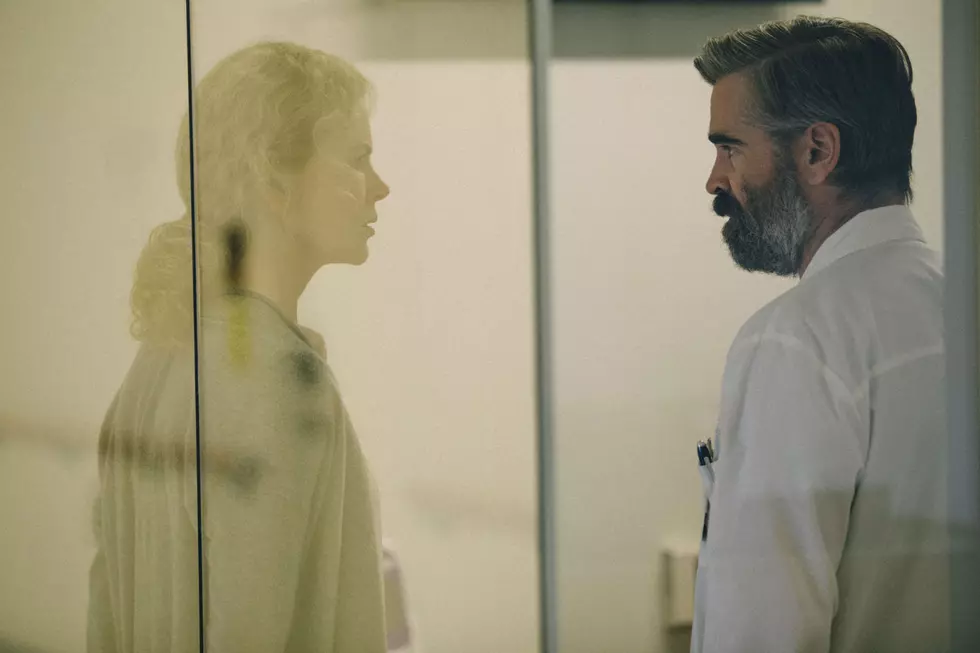
The Director of ‘Force Majeure’ Explains His Rejected ‘Passengers’ Pitch
In an alternate timeline, perhaps one in which we didn’t elect a reality TV star as president, there exists a different version of Passengers — one that directly and artfully addresses the dubious morality of its male lead. That version is directed by Ruben Ostlund, the Swedish filmmaker behind the brilliant, darkly comedic relationship drama Force Majeure. This alternate version of Passengers probably wouldn’t star Chris Pratt and Jennifer Lawrence, either; or if it did, it would have possibly given them much more compelling material to work with.
After landing on the Black List, Passengers went through a fairly lengthy development phase. Jon Spaihts’ screenplay was one of the hottest projects in Hollywood (which is kind of baffling, based on the actual script), attracting Keanu Reeves and The Weinstein Company before eventually winding up at Sony with Chris Pratt and Jennifer Lawrence. Along the way, a handful of directors flirted with the idea of directing Passengers — including Ostlund, the director of the Golden Globe-nominated film Force Majeure.
While speaking with Variety, Ostlund explained his pitch for Passengers, which was ultimately rejected by the film’s producers. Why? “I think they got scared,” Ostlund says:
There was one film I really wanted to do that has been made now. That was ‘Passengers.’ But I wanted to change the setup of ‘Passengers.’ The main character is a guy who wakes up in one of those pods on a spaceship. I wanted to put his family in the other pods, his wife and kids. Then there’s this dilemma: He’s going to die on the ship because the travel takes 300 years. If he wakes up his kids, they will die on the spaceship and not on the planet they’re heading for; if he wakes up his wife, then the kids will not have a mother when they arrive. So of course, you have to wake up another woman, because you don’t want to be alone. Then you can swipe on pictures to see the women, like Tinder. You have to decide on the pictures and pick someone. To bring things [like] that would be relevant in contemporary times. But when I pitched this to the producers, I think they got scared.
Giving the main character a family would have certainly lent more weight to the moral quandary at the heart of the film’s setup — a conceit that is stupidly and inelegantly dismissed in favor of a more generic story. Ostlund’s idea of a Tinder-like interface is a clever touch; it offers subtle commentary with a familiar concept, one that allows the audience to more easily identify with the story and, more importantly, empathize.
If you’ve seen Force Majeure, then you know how remarkable and thoughtful an Ostlund version of Passengers could have been. Lucky for us, the director has a new film hitting theaters this year: The Square, starring Elisabeth Moss and Dominic West.
More From ScreenCrush









